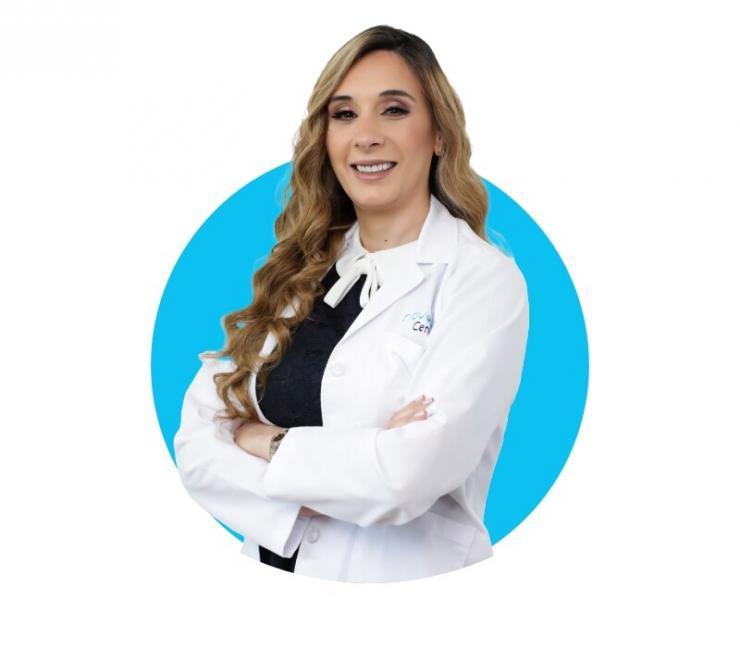Premenstrual Syndrome (Pms)
Premenstrual syndrome (PMS) includes a variety of signs and symptoms including mood swings, pain when touching the breasts, food craving, fatigue, irritability, and depression. It is estimated that approximately 3 out of every 4 women exhibit some symptoms of premenstrual syndrome during the menstrual period.
Symptoms of the premenstrual syndrome have typical recurrent patterns. However, the severity of the physical and emotional changes that occur during premenstrual syndrome may range from simple to severe.
You should not allow these symptoms to control your life. Treatments and lifestyle adjustments may help relieve or deal with signs and symptoms of premenstrual syndrome.
Emotional and behavioral signs and symptoms:
- Pressure or anxiety
- Depressed mood
- Crying spells
- Mood swings
- Changes in appetite
- Sleep difficulties (insomnia)
- Social withdrawal
- Poor focus
- Change in sexual arousal
Physical signs and symptoms
- Joint or muscle pain
- Headache
- Fatigue
- Weight gain associated with fluid retention
- Flatulence
- Breast pain
- Acne breakouts
- Constipation or diarrhea
The causes of premenstrual syndrome are not known, but there are several factors that may contribute to the condition:
- Periodic changes in hormones: The signs and symptoms of premenstrual syndrome change with hormonal fluctuations and disappear with pregnancy and menopause.
- Chemical changes in the brain: Serotonin fluctuations – a chemical in the brain (neurotransmitter) which is believed to play a critical role in mood state – can cause symptoms of premenstrual syndrome. Inadequate serotonin may contribute to premenstrual depression, as well as fatigue, food cravings, and sleep disturbances.
- Depression: Some women with premenstrual syndrome have undiagnosed depression, although depression alone does not cause all the symptoms.
There are no physical examinations or laboratory tests to confirm the diagnosis of premenstrual syndrome. Your doctor may link a specific symptom to premenstrual syndrome if its occurrence is part of a typical premenstrual pattern.
Some medical conditions may be similar to premenstrual syndrome, including chronic fatigue syndrome, thyroid disorders, and mood disorders, such as depression and anxiety. Your doctor may ask you to undergo tests such as thyroid function or mood tests, for a more accurate diagnosis.
Lifestyle changes can help relieve symptoms of premenstrual syndrome (PMS) in many women. However, depending on the severity of your symptoms, your doctor may prescribe one or more premenstrual syndrome medications.
- Antidepressants: SSRIs – which include fluoxetine, paroxetine, sertraline, and others – have been successful in reducing symptoms of mood disorder. Selective serotonin reuptake inhibitors are the first treatment options for severe cases of premenstrual syndrome or premenstrual dysphoric disorder (PMDD). These medications are usually taken daily. However, for some women with menstrual syndrome, antidepressants may be used for up to two weeks before the onset of menstruation.
- Non-steroidal anti-inflammatory drugs (NSAIDs). NSAIDs such as ibuprofen or naproxen sodium can relieve painful cramps and the feeling of chest discomfort.
- Diuretics: While exercising and limiting the amount of salt is not enough to reduce weight gain, swelling and bloating due to premenstrual syndrome, taking diuretics can help your body release excess fluid through the kidneys. Spironolactone is one of the diuretics that can help relieve some of the symptoms of premenstrual syndrome.
- Hormonal contraceptives: These prescription medications stop ovulation, which may relieve symptoms of premenstrual syndrome.
- Eat smaller meals to reduce bloating and a feeling of fullness.
- Minimize salt and salty food intake to reduce bloating and fluid retention.
- Choose foods high in carbohydrates, such as fruits, vegetables, and whole grains.
- Avoid caffeine and alcohol.
- Get plenty of sleep.
- Practice deep breathing exercises to help reduce headache, anxiety, or sleep disturbance (insomnia).
- Try yoga or massage to relax and relieve stress.






